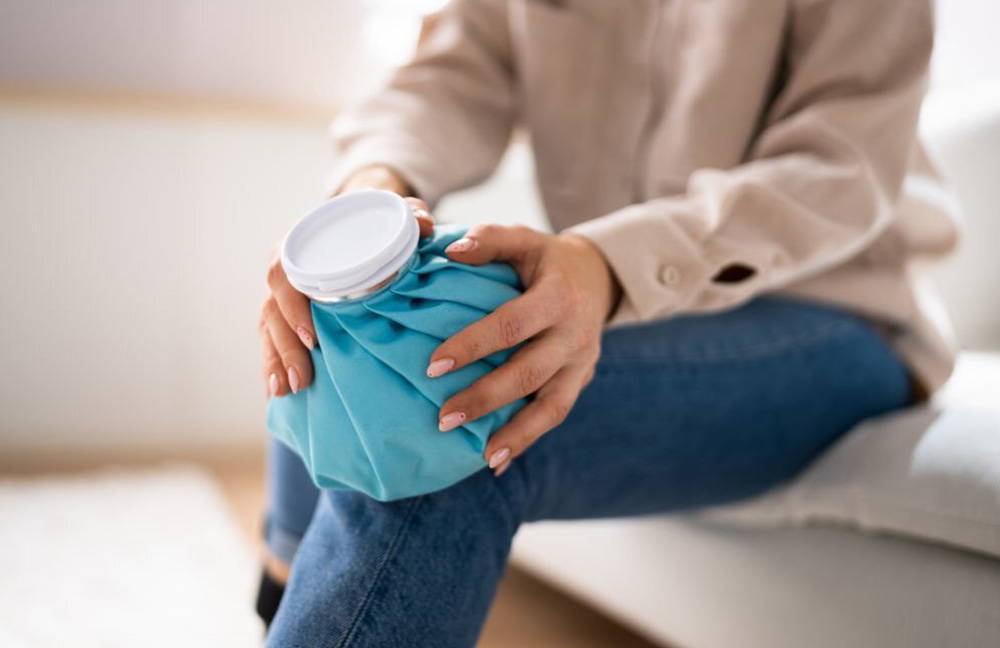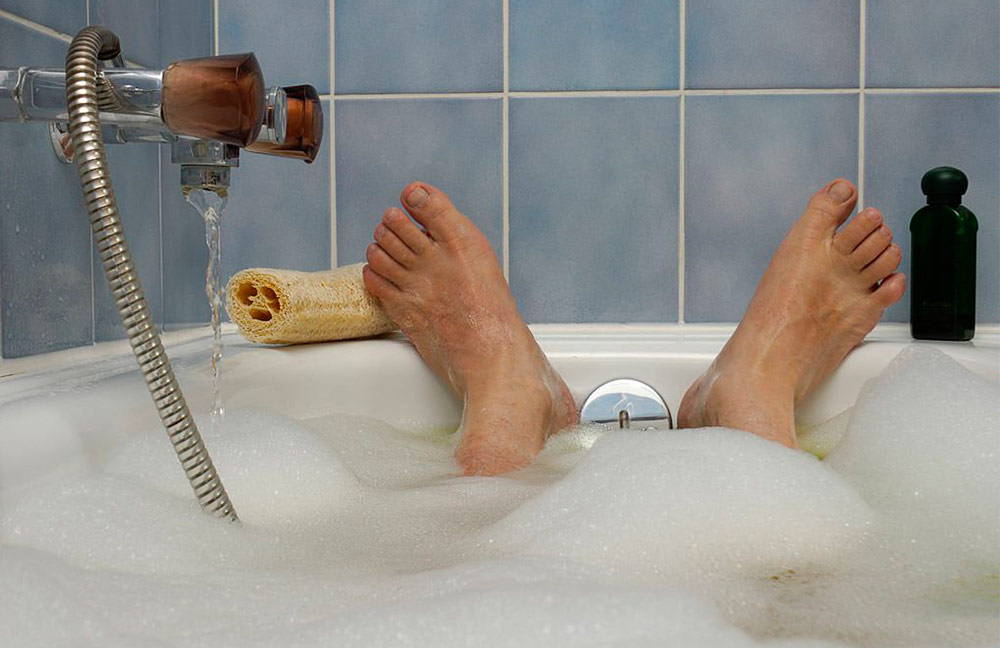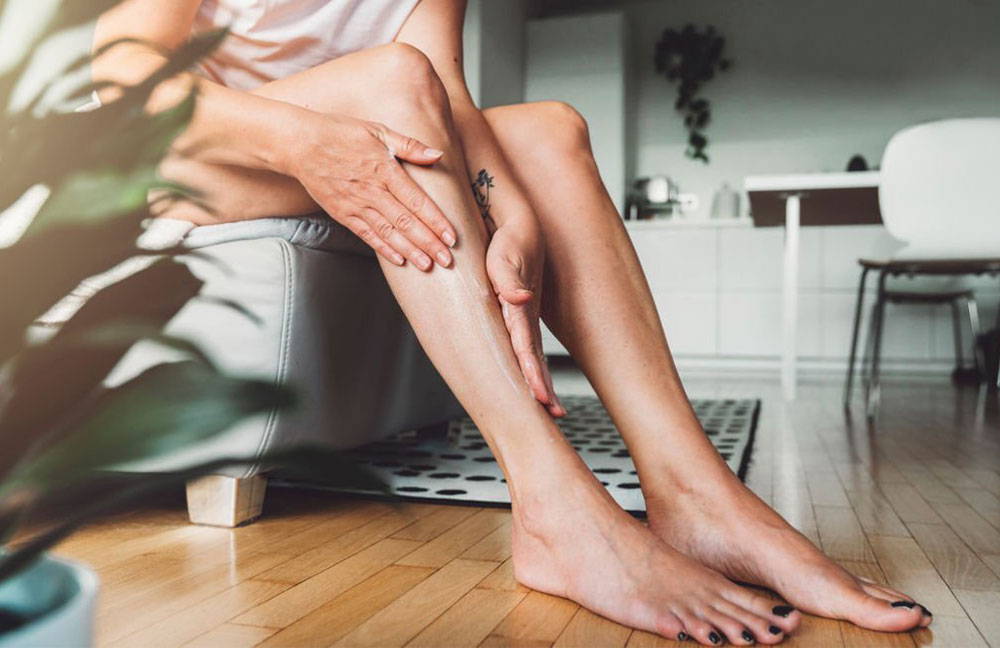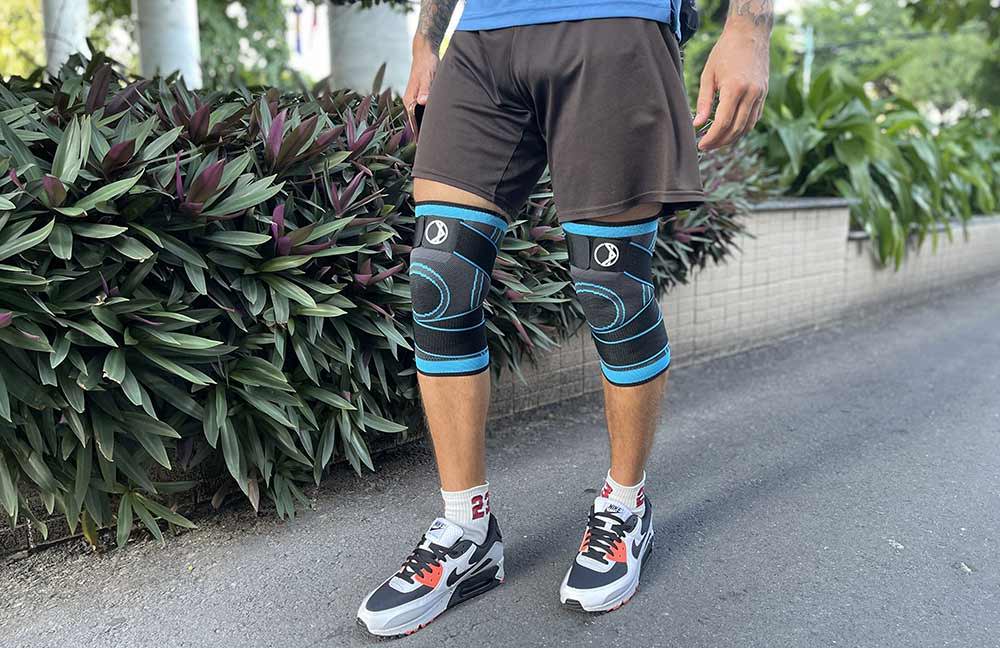Who doesn't want some much-needed rest after a long or exhausting day? Nothing beats curling up in bed, turning off your brain, and catching an amazing amount of zzzs. But then, suddenly, you feel it. That aching, throbbing pain in your legs just won't seem to go away. It's frustrating and can make it difficult to get the rest you need.
This phenomenon is actually more common than you might think. But what causes it, and how can you make it go away? This blog will explore the causes of leg pain at night, as well as some potential solutions. Keep reading to learn more!
The pain in your legs at night can be very upsetting, making it hard to sleep peacefully through the night. But what exactly causes this sensation?

One potential reason for your nocturnal leg pain could be a lack of exercise during the day. When you don't give your muscles a chance to move and stretch, they can start to feel tight and constricted. This is especially true if you have a sedentary job or lifestyle.
If you've ever had the sensation of your legs feeling "crawly" or "itchy," you may be suffering from a condition called restless legs syndrome (RLS). This disorder is characterized by an irresistible urge to move your legs, often accompanied by uncomfortable sensations. RLS can make it difficult to fall asleep and stay asleep, leading to fatigue and daytime sleepiness.
If you find yourself sitting for long periods of time during the day, that could be another reason for your night leg cramps. When you sit, your muscles are in a constant state of contraction. Over time, this can lead to cramping and discomfort.
Poor circulation can also be a cause of nighttime leg pain. When your blood flow is restricted, it can cause your muscles to feel tight and constricted. This can lead to cramping, discomfort, and difficulty falling asleep. To know for sure if this is the cause of your pain, check for other signs of poor circulation, such as cold hands and feet.
If you're experiencing chronic leg pain at night, it's important to rule out any underlying medical conditions. But don't despair — there are a number of things you can do to ease your pain if you don't want to take medication or see a doctor.
Tired of waking up in the middle of the night with aching legs? Here are a few things you can do to ease your pain:

If you have a sedentary job or lifestyle, it's important to make an effort to get moving during the day. Taking a walk on your lunch break, doing some stretching exercises at your desk, or taking a yoga class after work can all help reduce the risk of leg pain at night. Even small changes can make a big difference. So don't be discouraged if you can't fit in a lot of activity.



By taking a few minutes to stretch your legs before you turn in for the night, you can help to loosen up your muscles and prevent them from cramping while you sleep. There are a number of different stretches that you can try, so experiment until you find ones that work well for you.

Simply apply the heat or ice to the affected area for 20 minutes prior to going to bed. This can help to relieve the pain and make it more manageable. You may need to experiment with both heating and cooling to see which provides the most relief. In some cases, alternating between the two may be the best option.



One of the best things you can do is take a warm bath. The heat helps to relax your muscles and improve circulation. This can go a long way in easing pain and helping you to get a good night's sleep. Just be careful not to make the water too hot, as this can cause more discomfort. A moderate temperature is usually best. Soak for about 20 minutes, then dry off and get ready for bed.

This can help to loosen up the muscles and reduce the pain. You can use a soothing lotion or oil for the massage. Just make sure to avoid any areas that are bruised or swollen. Leg pain can be frustrating, but massages can help to relieve the pain and make it more manageable



Compression therapy is the first-line of conservative treatment for persistent joint pains. Compression clothing is meant to apply pressure to your muscles and joints. This may aid in the circulation of blood and relieve pain. Knee compression sleeves are a great option if you suffer from regular leg pain, as they can be worn throughout the day and night. It doesn't have any side effects, and it's relatively affordable.
So, if you're one of the many people who experience leg pain at night, don't worry - you're not alone. And while the cause of your pain may not be entirely clear, there are a few things you can do to try and ease it. We hope this article has been helpful in shedding some light on the possible causes of your leg pain at night and giving you some ideas for how to address it.